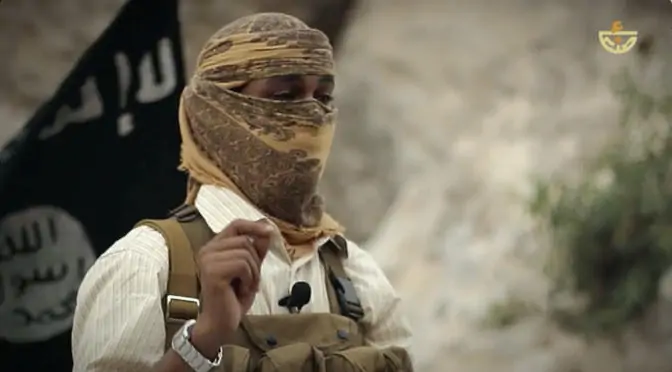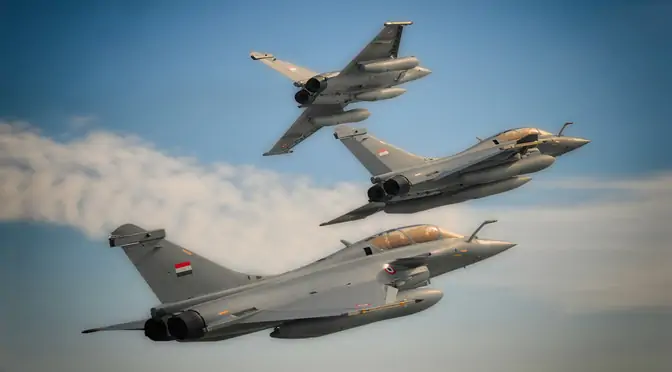As the Islamic State loses ground in Mesopotamia, in the west in Syria with the defeat in Palmyra (e.g. Adam Withnall The Independent, 27 March 2016), in the north with an increasingly large territory recaptured by the Kurds (e.g. Avi Asher-Schapiro, Vice News, 22 Dec 2015) and in the east in Iraq, first with the battle of Ramadi (“Battle of Ramadi (2015–16)“, Wikipedia) and now with the start of Iraqi “Operation Conquest” to free Mosul (Paul D. Shinkman, US News, 24 March 2016), it could be tempting to discard the Islamic State and its Khilafah as a bygone threat and a now inconsequential enemy . If this string of victories against the Islamic State is definitely important and crucial in the war against the Khilafah, …
Continue reading “The Islamic State and Terrorist Attacks: License to Kill”











